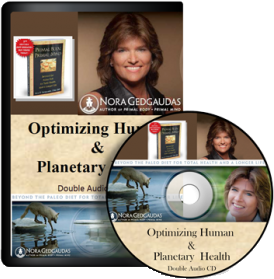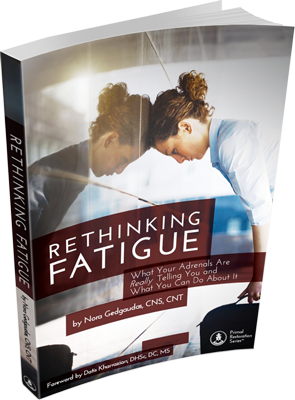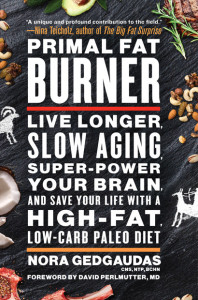OK–I am addressing the popular question concerning why I don’t recommend calcium supplements. Basically, the American public has been completely bamboozled by the American Dairy Association to believe that calcium is somehow the most important mineral ever and that we should all want to get as much of it in our diets or supplementally as possible (“don’t forget to take your Tums!”). There is no rational foundation for this.
Calcium is, in fact, the single most abundant mineral in our food supply. Even if you completely avoid dairy products (which isn’t the worst idea in the world, btw) there would still be plenty of existing calcium in other foods to meet anyone’s daily requirements. If, for some reason you truly are deficient in calcium, the problem isn’t likely to be a “deficiency” of dietary calcium. The problem is much more likely to relate to deficiencies in essential cofactors (i.e., magnesium, phosphorus, vitamin D3, vitamin A, vitamin K2, boron…etc.) OR– very commonly— an issue with insufficient hydrochloric acid production, absolutely required for the proper ionization of calcium so that it may be properly absorbed. Hormonal imbalances and errant signaling can also contribute improper calcium metabolism. If these happen to be your issues, then calcium isn’t going to be the only thing you are likely missing and calcium supplementation is anything but advised.
Just because you’re sucking down calcium supplements (and I don’t care from what source) it doesn’t mean that the calcium is necessarily going where you want it to go. You are far more likely to wind up calcifying things that were never meant to be calcified; such as your cardiovascular tissue (arteries and heart), your brain tissue, your joints (ever hear of bone spurs?) and whatever else. There is literally NO reason to waste money on calcium supplements for “bone health”.
There are quite a number of nutrients essential for the formation of healthy bone, of which calcium is only one– and is the least likely to be dietarily deficient. Calcium gives bones their hardness, however it is the collagen protein in bone that gives it its strength and flexibility and is far much more likely to be diminished in osteoporosis due to factors that I have little space to elaborate on here (though I did write a chapter about some of this in my book, Primal Body, Primal Mind). Sufficient bone calcium without sufficient collagen protein makes for dense looking bone scans, but otherwise leads to very brittle bones.
Furthermore, a meta-analysis study in the British Medical Journal a couple of years ago showed that calcium supplementation actually can augment the risk of a heart attack by as much as 30% [“Effect of calcium supplements on risk of myocardial infarction and cardiovascular events: meta-analysis” BMJ 2010; 341 doi: http://dx.doi.org/10.1136/bmj.c3691 (Published 30 July 2010)]. The authors of the study additionally pointed out that taking calcium supplements improves bone density only by a marginal amount at best. They said that the minor beneficial effects of supplemental calcium on bone density were greatly outweighed by the potential cardiovascular/heart attack risks. Excess intracellular calcium can actually increase undesirable spasms and contractility of cardiovascular tissue (and is a hallmark of cellular sickness, impairment and aging), while it is MAGNESIUM (something many people are far more likely to be deficient in) that is essential for healthy cardiovascular and parasympathetic functioning– along with about 400 other things. Magnesium is also far less efficiently retained in the body.
Even in those with insufficient bone calcium, the same individuals with poor bone density scans typically have abnormal calcium deposits elsewhere in the body where they don’t belong. In fact, excess calcium can even lead to problems with building sufficient protein matrix in bones. The issue isn’t whether you’re getting “enough” dietary calcium almost ever. Once again, it boils down to digestion/ionization, absorption and proper utilization balanced by sufficient necessary co-factors.
Save your money on over-hyped (and potentially deleterious) calcium supplements. Enjoy your bone broth but also make sure you’re getting plenty of fat-soluble nutrients and other good stuff.
~ Nora







Oh thank god i found this article! I have been dairy free for about a year now and just recently my daughter was found to be allergic to the casein protein in milk. The FIRST thing anyone says when I tell them is ‘OMG what about your calcium levels – you must be worried about osteoporosus etc etc’. My gut told me I was OK, but thank you for explaining the science that confirms it. I might not be able to formulate a good comeback for the naysayers, but at least I can just nod and smile and let them think what they like.